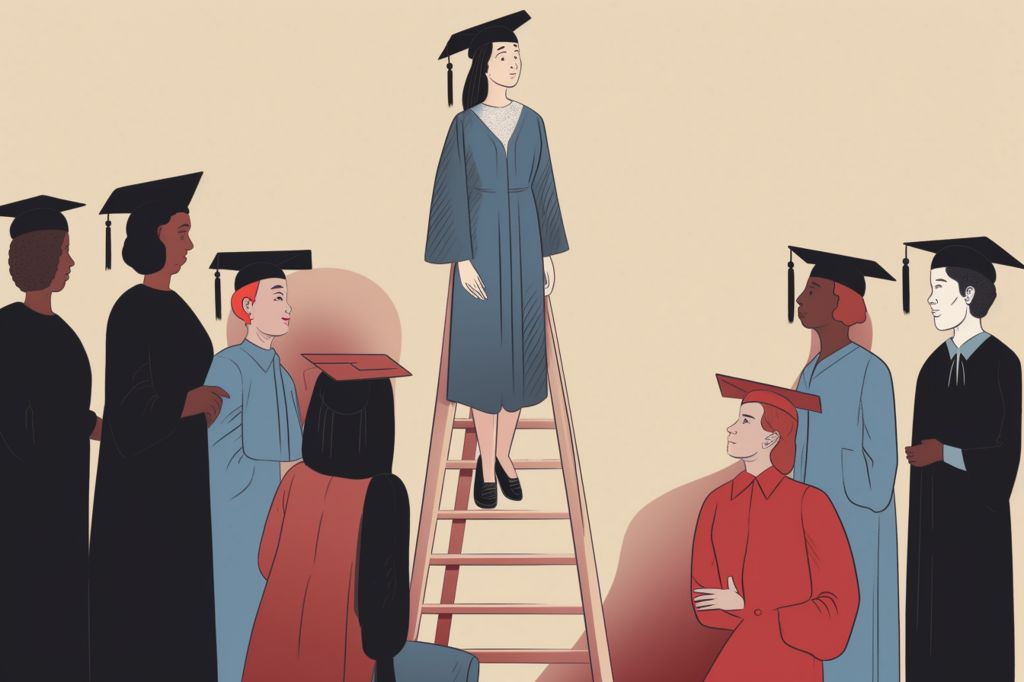The UN Women’s Participation in Higher Education in Southern Africa: Understanding the Regional Scenario webinar, hosted by the UNESCO Regional Office for Southern Africa, highlighted the persistent gender inequities in South African higher education. These disparities result from systemic barriers that began during the apartheid era and are still being felt today.
Underrepresentation of Women in Academic Leadership Roles
Women must be more represented in permanent academic staff positions, particularly in senior academic positions. The gender division of labor in academia, where women are relegated to organizational work and men appointed to leadership positions, contributes to these inequalities. South African women are hugely underrepresented in leadership positions, with systemic barriers limiting the promotion of women who are “ready and qualified” for advertising.
Innovative Solutions to Achieve Gender Parity
To address this issue, progressive policies should be emulated to ensure gender parity. For example, countries like Sweden have achieved gender parity in their vice-chancellors, accounting for as much as 43% of women. In addition, innovative programs that financially incentivize universities to appoint women to the professoriate should be implemented. However, funding alone is not a solution.
Gender Discrimination in Publication and Stereotypes
The publication is also a gender-discriminatory tool. Studies show that only 22% of academic authors over 345 years were women, and only about 19% of first authors were women. Stereotypes and discriminatory practices influence women’s progress in higher education, ranging from women entering academia at lower levels than men to differing leadership approaches between men and women.
Barriers and Solutions for Black Women Academics
Women have to navigate through an environment that does not fully hear or see them, where institutional cultures, practice impediments such as racism and sexism, and lack of role models and mentors are significant barriers against recruitment, retention, and progression of black academics. To address the pipeline for women in research and leadership positions, various programs support emerging researchers holding academic or research positions at South African public universities and research institutions.
The Need for Government Policy and Transformation Agenda
However, it is essential to accelerate the work that seeks to improve the position of women as researchers and decision-makers within our higher education institutions and national system of innovation. The webinar produced practical recommendations on enhancing government policy and the broader transformation agenda. Future discussions and interventions must continue to address these issues.












